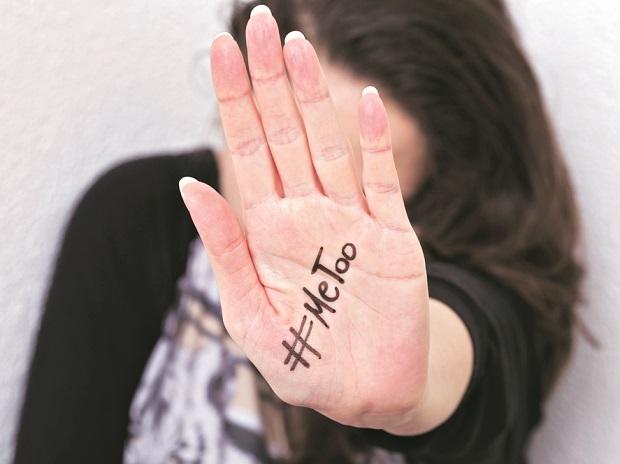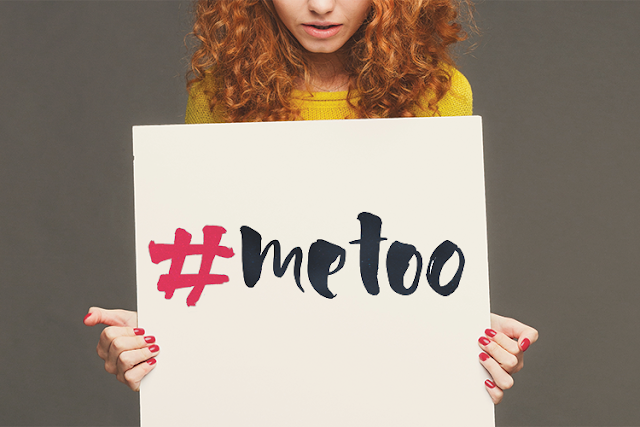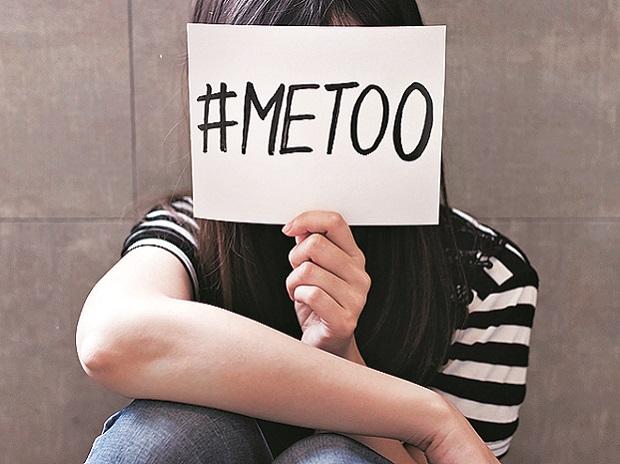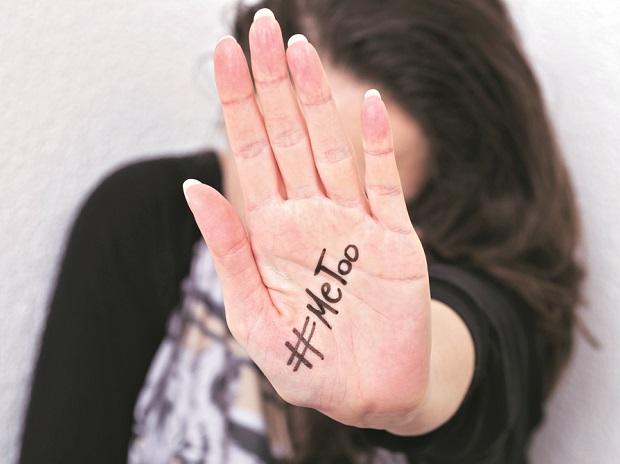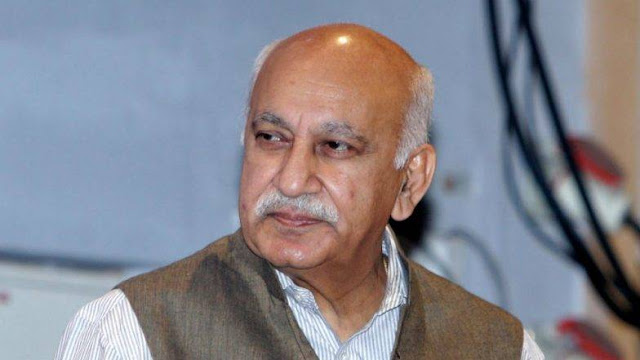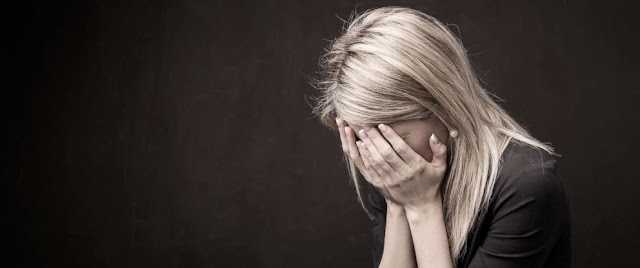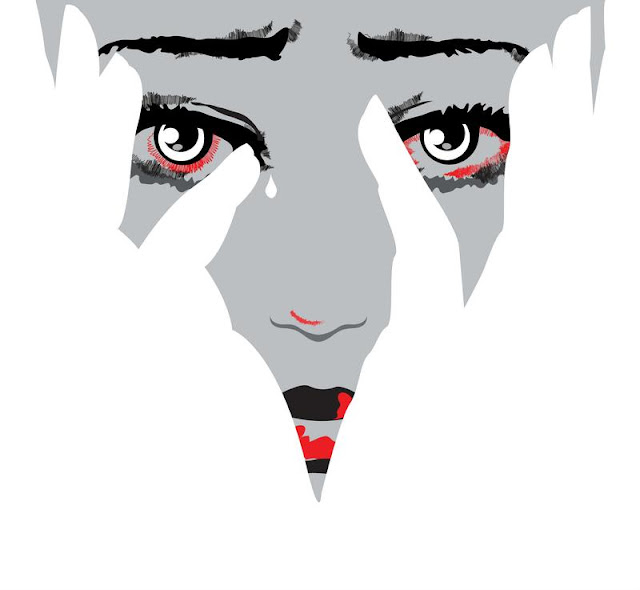Uber says 3000 sexual assault claims reported in US rides last year

Uber Technologies Inc . found more than 3,000 allegations of sexual assaults involving drivers or passengers on its platform in the US last year, part of an extensive and long-awaited review in response to public safety concerns. The ride-hailing company released an 84-page safety report Thursday, seeking to quantify the misconduct and deaths that occur on its system and argue that its service is safer than alternatives. US customers took about 1.3 billion trips last year, Uber said. About 50 people have died in Uber collisions annually for the past two years, at a rate about half the national average for automotive fatalities, according to the company. Nine people were killed in physical assaults last year, Uber said. Uber drivers reported nearly as many allegations of sexual assault as passengers, who made 56 per cent of the claims. There is little comparable data on assaults in taxis or other transportation systems, and experts have said the attacks are widely under-rep...
